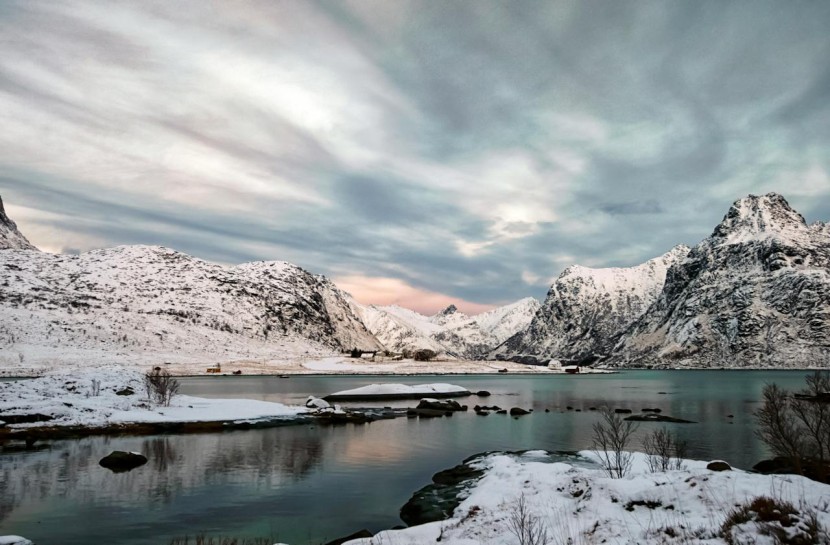A catastrophic worldwide health disaster might be triggered if the permafrost in the Arctic melts, according to experts.
In an interview with The Guardian, virologist Jean-Michel Claverie, who is also a professor of Genomics and Bioinformatics at the School of Medicine of Aix-Marseille University, said: "We now face a tangible threat and we need to be prepared to deal with it. It is as simple as that."
Experts have begun collaborating with the University of the Arctic, which is an international educational and scientific cooperative, to develop a monitoring network that will assist in the early identification of instances of illnesses caused by ancient microorganisms. This will be done before the spread of these diseases may spiral out of control.
The network would also offer facilities for quarantine and medical care for people who were sick in order to assist in decreasing the risk of a pandemic occurring. This would include keeping patients who were infectious from leaving the area during the outbreak.

Threat of 'Zombie Viruses'
Microorganisms that are referred to as Methuselah microbes or "zombie viruses," have the ability to survive for tens of thousands of years when they get trapped in frozen soil, which covers about 20% of the northern hemisphere of the Earth, as stated in a New York Post report.
According to Claverie, the most important aspect of permafrost is that it is cold, dark, and devoid of oxygen, which makes it highly suitable for the preservation of biological material.
"You could put a yogurt in permafrost and it might still be edible 50,000 years later," he said.
Scientists think that the deepest levels of permafrost may be conserving viruses that roamed the Earth up to a million years ago. This is a significant amount of time before the most ancient ancestors of humans, who are thought to have made their initial appearance on the planet about 300,000 years ago.
Because of this, modern people would not have any natural defense against the viral invaders that were seen in past times.
According to Claverie, it is possible that today's human immune systems have never come into contact with some of those microbes, which is another cause for concern. Therefore, "The scenario of an unknown virus once infecting a Neanderthal coming back at us, although unlikely, has become a real possibility," he added.
Viral scientists feel that there is at least some cause for alarm despite the fact that the possibility of ancient viruses breaking out of their freezing prisons in the most distant corners of the Earth and causing a new pandemic to spread throughout the whole planet may seem to be improbable.
© 2026 HNGN, All rights reserved. Do not reproduce without permission.








